In Part 1 of this interview Brignole discussed the state of competitive bodybuilding, his current training style, which I call Super TORQ, and the single best exercise for two bodyparts, chest and back. This time abs and arms get the one-best-exercise treatment—but first let’s hit Doug up about his current diet philosophy.
Q: In your early competitive days your muscle-building diet was centered around protein and more protein. Has that changed—and why or why not?
A: Most bodybuilders in the early ’80s assumed that the more protein we ate, the more muscle we’d build. I remember going to the smorgasbord—an all-you-can-eat restaurant—and routinely eating an entire plate of fried chicken, probably two pounds, in one sitting. We also ate carbs—potatoes and rice—but the emphasis was on protein.
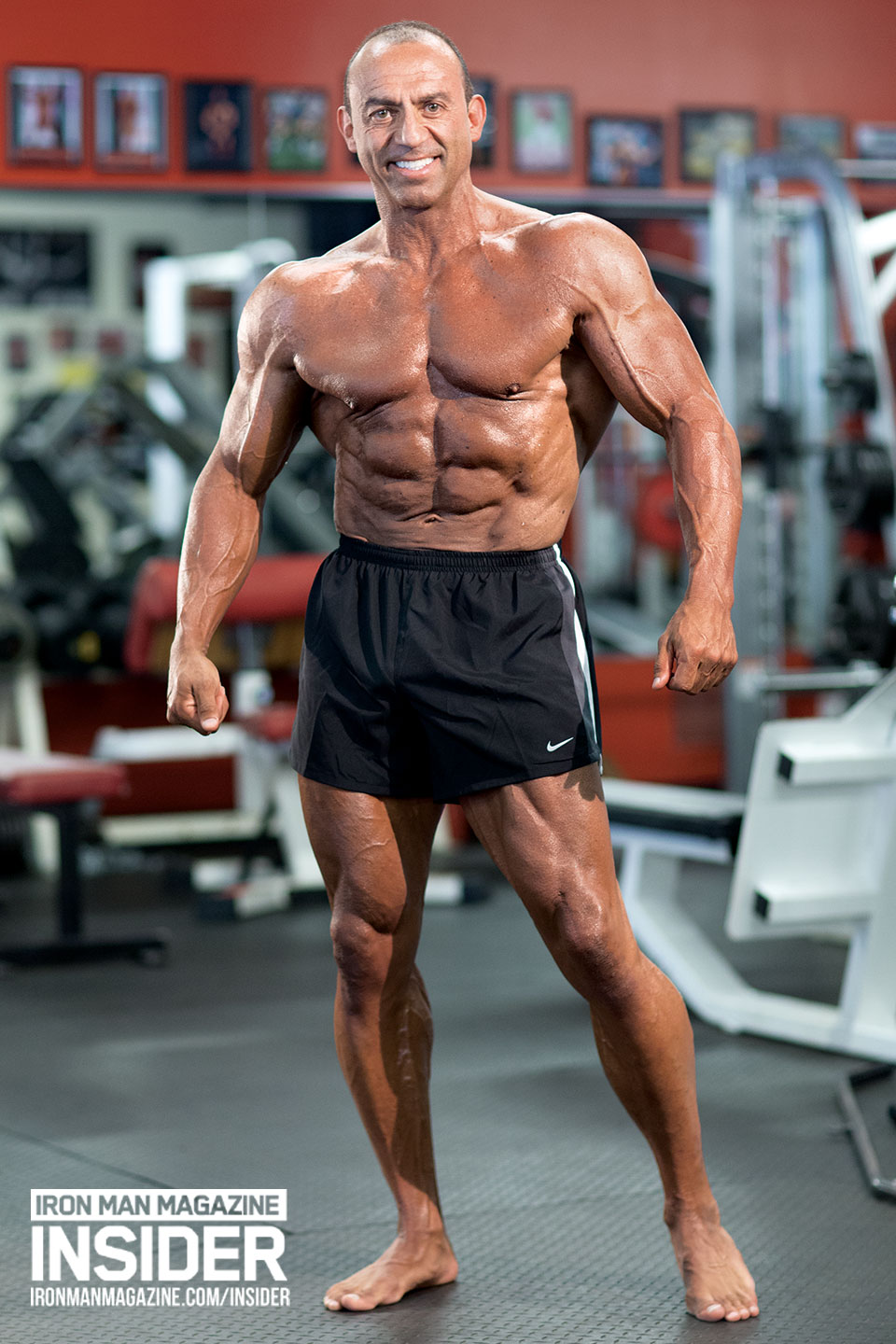
“Just about when I was ready to throw in the towel—thinking that my compromised result was due to my age—I realized what a mistake it is to be on a low-carb diet if you’re a bodybuilder.”
Later, when the Zone and Atkins diets came out, we were told that certain carbs were “bad” because they were “high glycemic.” (The glycemic index is a scale that rates carbs from 1 to 100 on the basis of how much of an insulin reaction they produce.) Rice and potatoes were rated high on that scale, so many of us eliminated them.
We ate more vegetables, a bit less protein and a bit more dietary fat—from avocados, nuts, olive oil and similar sources. That was fine when I wasn’t preparing for a contest, but then I tried competing with that kind of diet, between 2010 and 2012, and it was a disaster for me.
Just about when I was ready to throw in the towel—thinking that my compromised result was due to my age—I realized what a mistake it is to be on a low-carb diet if you’re a bodybuilder. I had been sabotaging myself by not eating enough carbs.
Q: Do you think you need more carbs because you are more ectomorphic—the lean, slender type?
A: Possibly. It’s a fact that not everyone responds to carbs to the same degree. I tend to produce less insulin than others, but in general, carbs are important to bodybuilders for a variety of reasons.
Carbs help replace the glycogen that we spend during intense workouts. Glycogen is a form of carbohydrate, stored in normal, healthy muscle tissue as reserve fuel. A significant percentage of a muscle’s size is due to its glycogen content and the water that is held by that glycogen. If we don’t eat enough carbohydrate, we fail to replenish our glycogen stores, and that translates to smaller muscles.
Carbs are also essential for maintaining blood sugar, or glucose—much more so than protein and dietary fats. That’s especially true for bodybuilders because we spend much more glucose during intense workouts than the average person. If we don’t eat enough carb, we enter a low-blood-sugar state, called hypoglycemia, more often, and that leads to the production of cortisol.
Cortisol is a catabolic hormone we produce at times of stress and low blood sugar. One of its primary jobs is to create glucose internally, through a process called gluconeogenesis. During the process cortisol steals amino acids from skeletal muscle in order to help create glucose; so it cannibalizes muscle tissue. Of course, that’s counterproductive.
Many people avoid carbs because they’ve heard that carbs produce “too much insulin.” Carbs do trigger the production of insulin—especially high-glycemic carbs like rice, potatoes, pasta, bread and sugar—and most of us have heard that it leads to an increase in bodyfat. Tat’s true—but only sometimes. At other times it helps build muscle. It depends on the circumstances.
When bodybuilders work out intensely, we create a biochemical need that requires insulin to help push nutrients into the muscle for recovery. When that need is present, the insulin produced by the carbs we’ve eaten is used productively—to build muscle. On the other hand, if we don’t work out and we eat high-glycemic carbs, then the insulin produced is not used to build muscle, because the need isn’t there. Instead, it’s used to fill bodyfat stores.
So, now in the off-season I try to eat as much rice, potatoes and pasta as possible, along with protein and a little bit of dietary fat. Even in the precontest-diet stage, however, I eat rice at every meal. I find that rice is better for dieting than potatoes or pasta. Somehow, it seems that rice does not follow the glycemic index rules—for me, anyway. Rice seems to provide enough insulin production for muscle maintenance but not so much that it prevents fat loss.
It’s safe to say that eating more carbs contributed greatly to my ability to build and maintain more muscle mass this year. Eating enough protein is important, but getting more than a gram of protein per pound of bodyweight does not make nearly as much of a difference as eating more carbohydrate does.
Join Iron Man Magazine Insider and get full access to this article and more:
• Ad Free Reading Experience
• Articles Available Online Same Day as Newsstand Date
• Full Issues Downloadable as PDFs
• Full Training DVDs Online for Streaming or Download
• Members Only Exclusive Content
• Special Offers and Coupons for Supplements and More
• Exclusive Hi Res Photos and HD Videos Only Available to Members
• Members Only Contests and Giveaways
• Members Only Email Newsletter






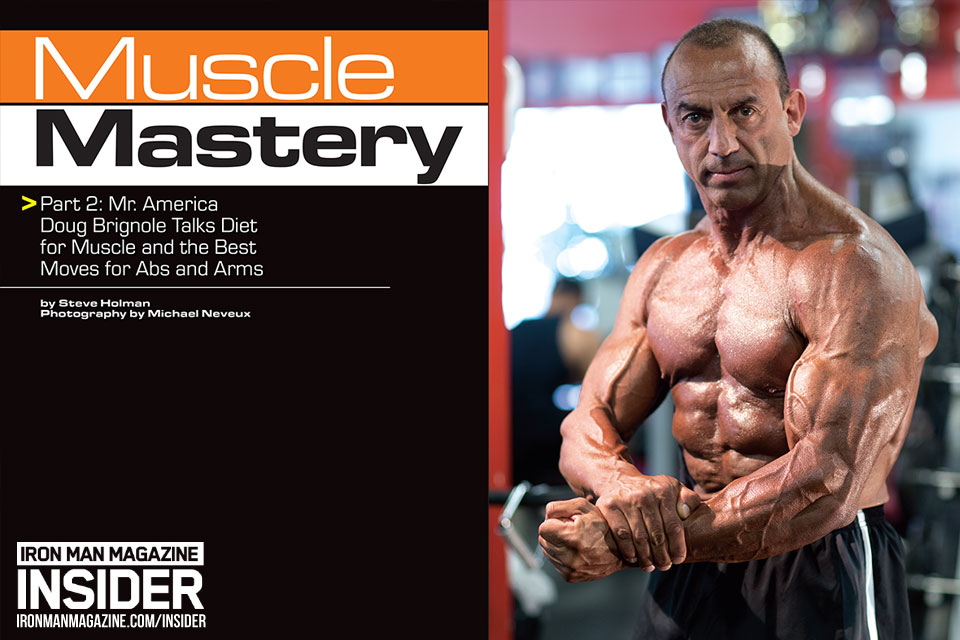





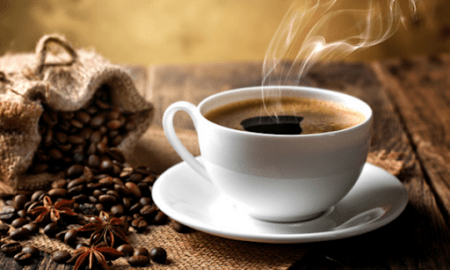
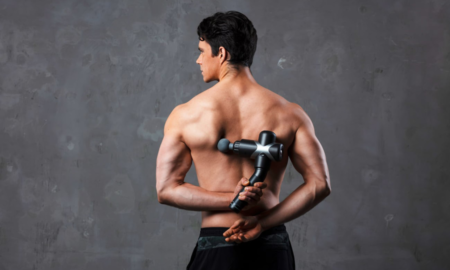
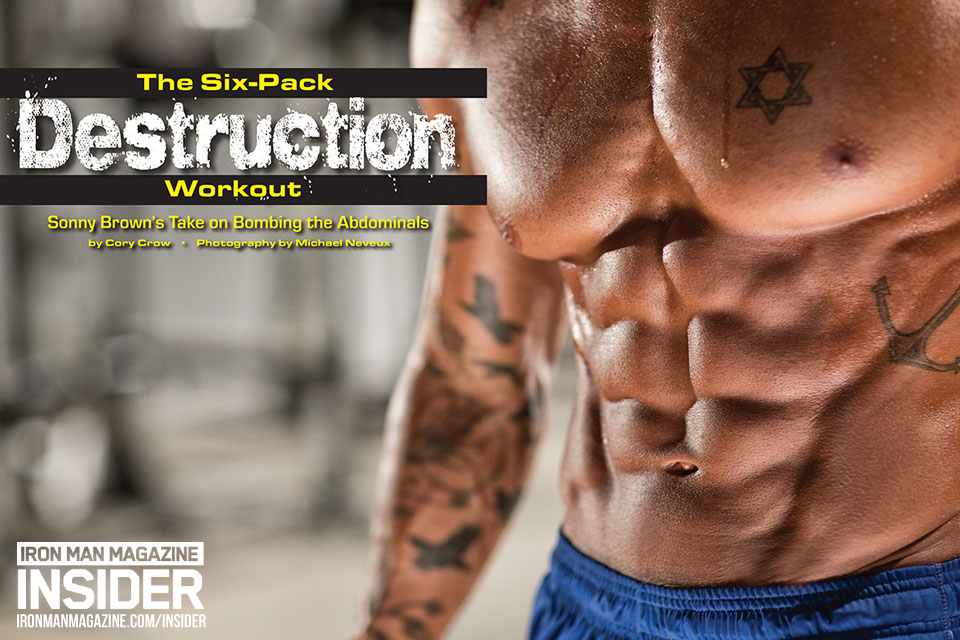
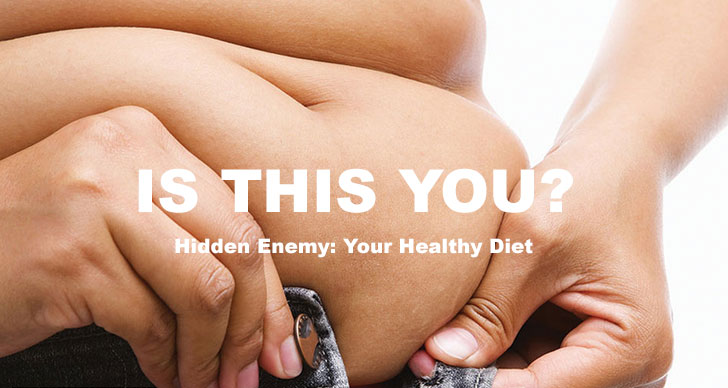
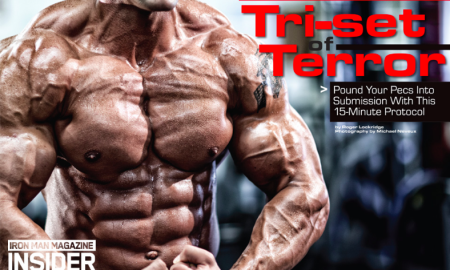
You must be logged in to post a comment Login